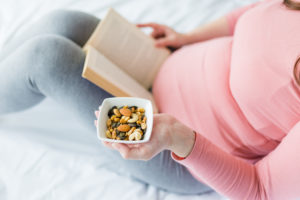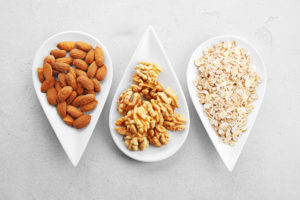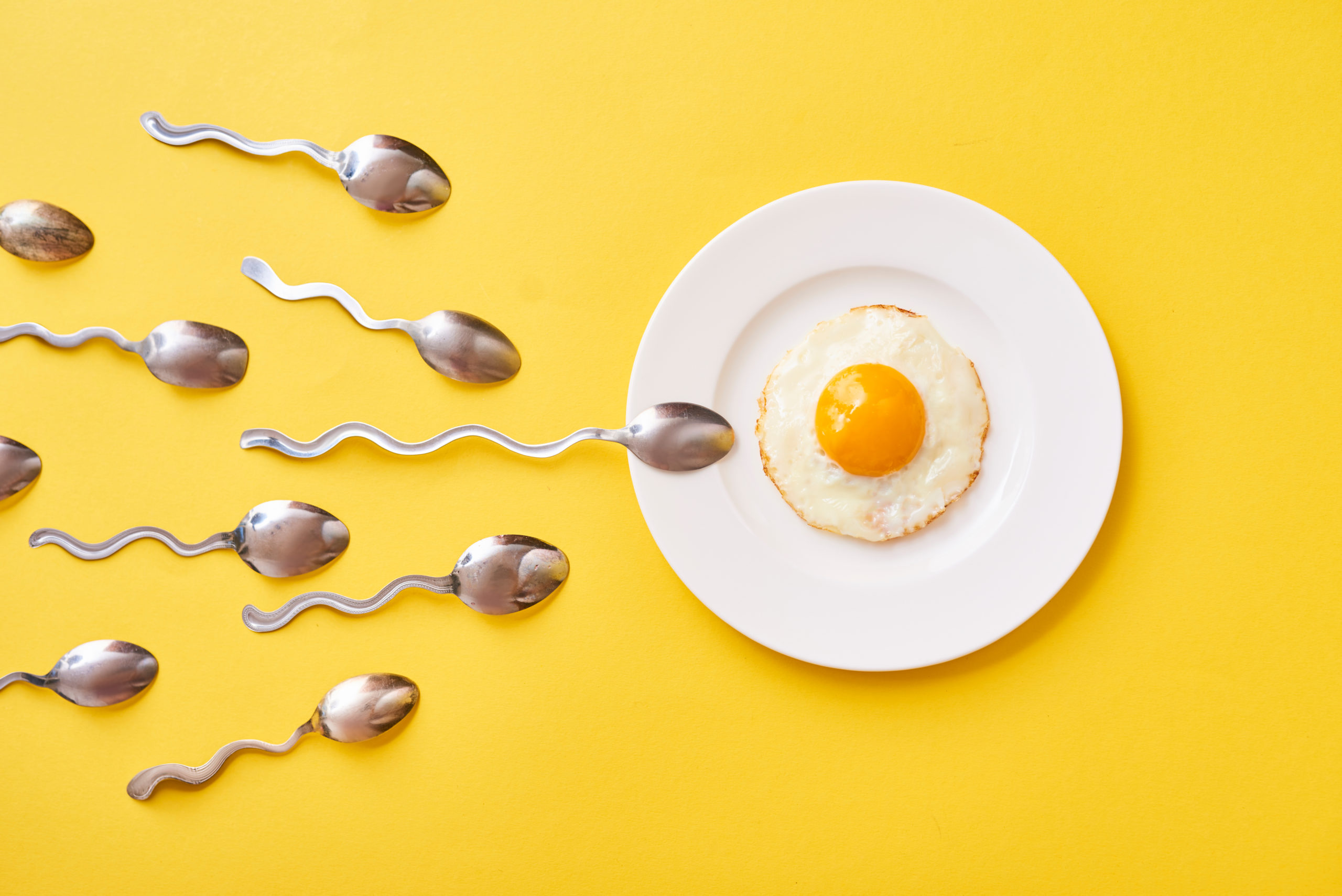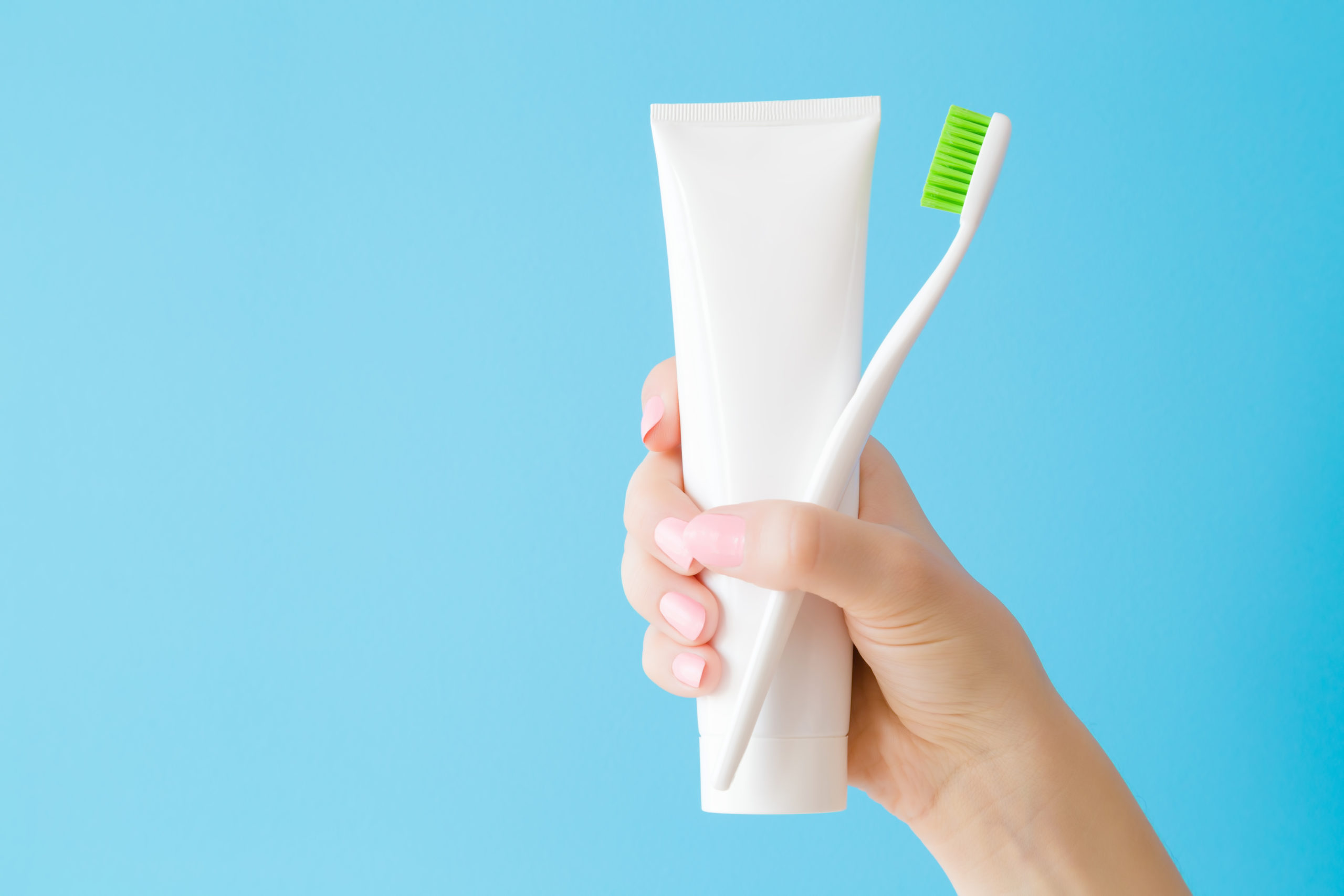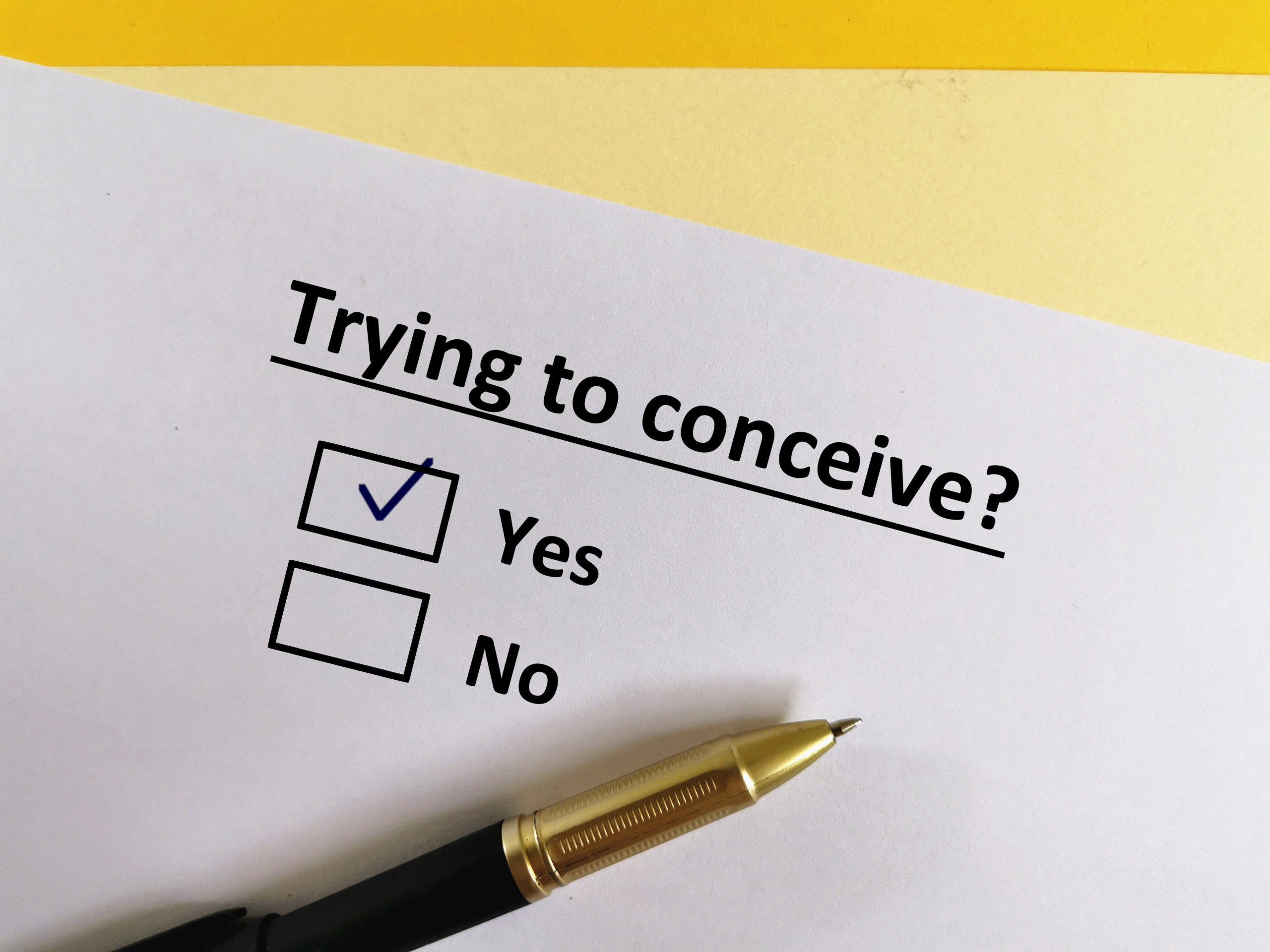By: Vaishnavi Raju | Date: September 21, 2020
Nutrition in Pregnancy – Tips to Eat Healthy
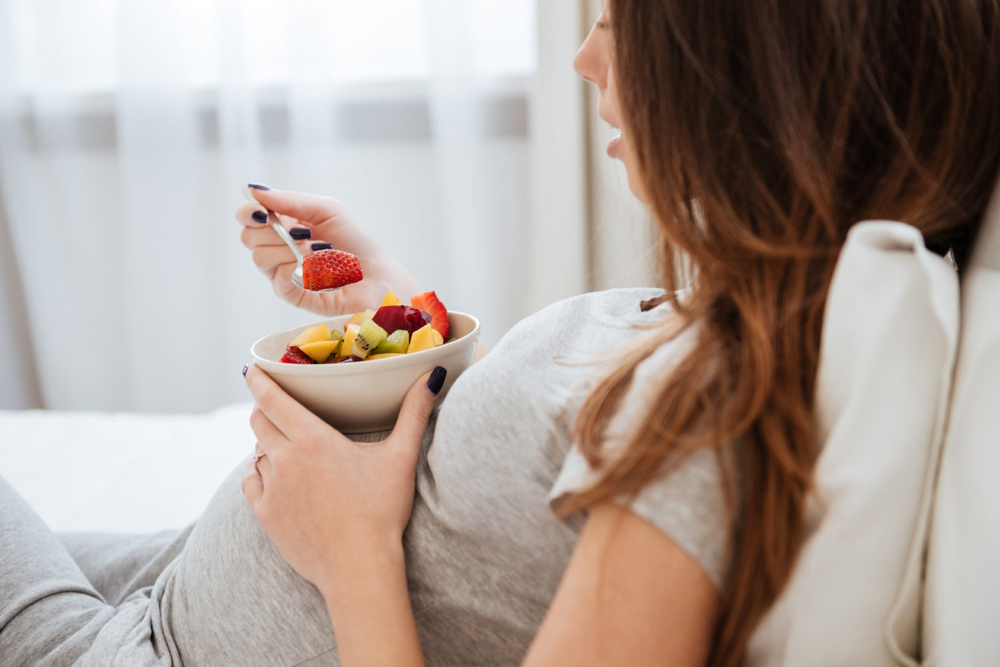
Eating a balanced diet is the key to fuel your body during the nine months of pregnancy. The food that you eat will become the primary source of nutrition for your baby.
Unfortunately, many women don’t get enough nutrients during pregnancy. This usually happens when they either follow a poor pregnancy diet plan or don’t make healthy food choices. The lack of nutrients causes micro nutrient deficiency [1] in pregnant women. This can also affect the baby after birth.
Nutrition in Pregnancy
So, it’s important to eat a nutrition-rich diet that helps your baby grow in a healthy environment. In this article, we’ve shared a few tips on how to meet the nutrition intake and stay healthy in pregnancy.
Why Nutrition is Important During Pregnancy?
When you’re pregnant, your body will cater to two individuals. So, it’s no surprise that you’ll need comparatively more nutrients than earlier. But that doesn’t mean you should double your food intake. The idea is to get all the essential micro nutrients by changing your dietary habits.
For instance, you’ll have to reduce sugar/fats and replace them with vegetables and fruits. The good news is the majority of women can get all the nutrients from their diet alone. To do this, however, it’s important to know what nutrients you’ll need for a healthy pregnancy.
Key Nutrients You’ll Need in Pregnancy
A pregnant woman needs different nutrients like folic acid, protein, and Iron. Let’s discuss each of these nutrients separately and understand their significance in pregnancy.
Folic Acid
Folic Acid is a synthetic B Vitamin (Folate) that helps in neural tube development of the baby. A regular intake of folic acid also prevents birth defects such as anencephaly[2] and other neural tube defects. Being a man-made nutrient, you’ll only find Folic Acid in fortified foods such as cereals. But, you can also take prenatal supplements to meet the 400-600mcg[3] daily need of folic acid.
Your doctor will prescribe folic acid supplements during the first week of pregnancy. Why? Because the baby’s brain and spinal cord develop in the first few weeks itself. Having folate in your system at this stage will prevent various birth defects.
Apart from prenatal vitamins, you can also get Folic Acid from the following food items
Eggs
Leafy and Dark-Green Vegetables
Peanut Butter
Brussels Sprouts
Citrus Fruits like Oranges and Lime
Hera Pro Tip: Folic Acid is also a great choice for women who are trying to conceive. We recommend you should start taking folic acid as soon as you decide to get pregnant. .- HERA
Iron
Iron boosts the formation of red blood cells in the body. During pregnancy, your body will produce hemoglobin for the baby as well. This means you’ll need twice the amount of Iron than a non-pregnant woman.
The deficiency of Iron can cause a critical medical condition known as Anemia. It’s a condition when the body doesn’t produce healthy red blood cells. Anemia in pregnancy increases the risk of premature birth [4] & low-birth-weight as well.
So, it’s important to take enough Iron so that your body can produce enough red-blood-cells for you as well as the baby.
You can get Iron by adding food items in your diet during pregnancy.
Lean Meat
Seafood
Spinach
Iron-Fortified Cereals
Eggs
If you are a vegetarian, it’ll be hard for your body to get enough Iron because plan-based foods have non-heme Iron. This type of Iron is difficult for the body to absorb and can cause iron deficiency. So, if you eat a plant-based diet, make sure to either take Vitamin C alongside. Adding Vitamin C to your diet will increase the absorption rate of Iron.
Hera Pro Tip: Iron Supplements are also a great choice for vegetarians and vegans. You can consult your doctor to get a prescription for iron supplementation..- HERA
Protein
You’ll also need more protein in pregnancy. Protein helps in the proper development of the baby’s organs. It also regulates the blood supply. This means that your baby will get enough blood for healthy growth. You’ll need around 60-100g[5] of protein each day while expecting a baby.
Fortunately, getting protein won’t be a challenge, irrespective of your current diet. Both vegetarians and non-vegetarians have dozens of food options that contain protein. Here are a few protein sources that you can include in your diet.
- Lean Meat
- Chicken
- Egg Whites
- Fish
- Tofu
- Cheese
- Dairy Products
- Green Leafy Vegetables
Apart from these nutrients, you’ll also need several other vitamins & minerals such as:
- Calcium
- Vitamin B6 & B12
- Vitamin C
- Vitamin A
How Much Prenatal Vitamins You Need?
Prenatal vitamins are a great choice for women who can’t get essential nutrients from their diet. Some doctors even prescribe prenatal vitamins from the very first day of pregnancy. The dose of prenatal vitamins will vary for each woman. Your doctor may perform different tests to prescribe an appropriate dosage. In general, however, you’ll need a prenatal vitamin with 400-600mcg of folic acid and 300mcg of Calcium.
How Much You Should Eat in Pregnancy?
Regardless of what you may have heard, there’s no need to double your diet in pregnancy. You can get all the essential nutrients from a balanced diet alone. It’s also worth noting that the recommended calorie intake varies for each trimester.
- 1800 calories/day in the first trimester
- 2200 calories/day in the second trimester
- 2400 calories/day in the third trimester
Hera Pro Tip: Three heavy meals can worse pregnancy symptoms like morning sickness and heartburn. Make sure to fulfill this calorie intake through multiple small meals throughout the day..- HERA
Best Food to Eat During Pregnancy
To maximize prenatal nutrition, add the following foods to your pregnancy diet plan.
Fruits and Vegetables
Fruits & vegetables are women’s best companions in pregnancy. Apart from being low in calories, they are a great source of fiber, vitamins, and minerals. You can add different types of fruits to your daily diet plan.
Lean Meat
If you’re a non-vegetarian, make sure to choose lean meat (red meat). It has plenty of protein and Iron that’ll help you enjoy a healthy pregnancy. Also, make sure to cook your meat because undercooked meat can have harmful parasites.
Low-Fat Dairy Products
Starting from the first trimester, you should switch to low-fat milk and yogurt. Low-fat dairy products reduce pregnancy symptoms like nausea, vomiting, and heartburn.
Foods to Avoid During Pregnancy
There are a few food items that you should completely avoid in pregnancy. These food items can affect your baby’s growth and may cause complications as well.
Raw Meat –
Raw meat often contains harmful parasites and bacteria. If you eat raw meat, there’s a huge risk that you’ll pass Toxoplasmosis Infection[6] to the baby. It’s a parasite infection that can also cause blindness and mental disability in the kid.
Alcohol –
Drinking alcohol is never a wise choice for women who are expecting or even trying to conceive. Alcohol from your bloodstream can pass to the baby and cause FAS (Fetal Alcohol Syndrome) [7]. Even one small drink during pregnancy can have drastic effects on the baby.
Conclusion
So, we hope that you now know the significance of a nutrition-rich diet during pregnancy. Eating healthy will keep your baby healthy and prevent several birth ailments. You can also consult a nutrition expert to know what’s right for your baby. Check out Hera’s prenatal essentials to bridge your nutritional gaps in pregnancy. It is loaded with essential vitamins and minerals.

